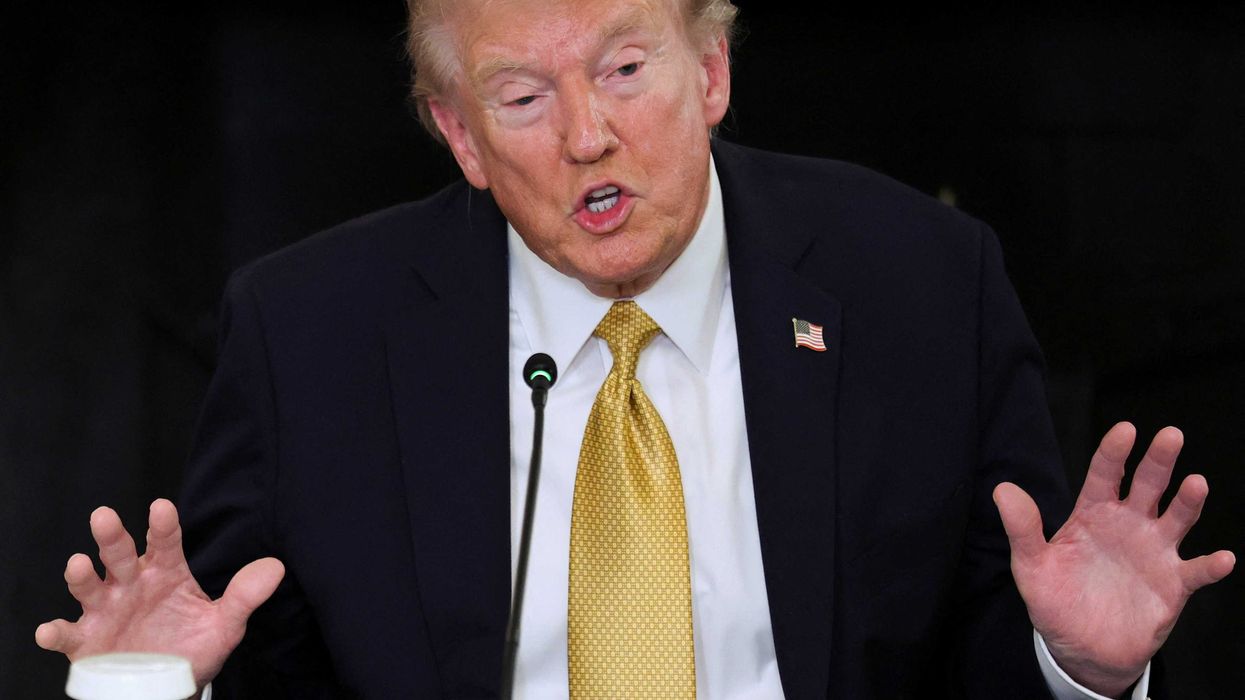During his first presidency, Donald Trump was highly critical of cryptocurrencies —arguing that Bitcoin "seemed like a scam" and was "based on thin air." But these days, Trump is an aggressive promoter of digital currencies.
In an op-ed published by the New York Times on October 24, Finn Brunton — author of the 2019 book "Digital Cash: The Unknown History of the Anarchists, Utopians, and Technologists Who Created Cryptocurrency" — is highly critical of Trump's relationship with cryptocurrencies.
"Cryptocurrency has found its hero in Mr. Trump," Brunton argues. "And in this unlikely moment of triumph, its most powerful proponent has laid bare the paradox at the heart of this brave new world of 'new money.' Crypto was supposed to free us from the chains of government control, but now, it is finally revealing what that freedom really means: removing all checks on the power of the wealthy to do what they want, discharged at last from law, supervision and civic obligation — even if the result is autocracy. Mr. Trump, with his thirst for money and power, has, in one fell swoop, both exposed and embraced the corruption at the heart of digital currencies — a corruption inherited from the libertarian ideals that created them."
When Brunton uses words like "corruption" in connection with cryptocurrencies, he sounds a lot like Trump did when he was using the words "scam" and "thin air" to describe them during his first presidency. But Trump is now all in for cryptos, and Brunton warns that nothing good can come of it.
"Along with money," Brunton explains, "Mr. Trump's commitment to crypto got him a new voting bloc whose interests were straightforward. Some 50 million people owned crypto in 2024, according to one research firm, and Mr. Trump had a 12-point lead among that group in the months before the election, according to Fairleigh Dickinson University polling — a lead that was not connected with Republican Party membership. Mr. Trump won."
The author continues, "Almost immediately after taking office, he ushered crypto's biggest backers into the highest echelons of power. David Sacks, a close associate of (Peter) Thiel, was appointed 'AI and crypto czar,' tasked with designing the new regulatory framework for the industry…. The (Trump) Administration then set about destroying Biden-era efforts to control crypto."
Brunton adds, "Many regulations, investigations and enforcement cases against the industry have been rolled back or dropped. The Consumer Financial Protection Bureau, which had sought oversight of crypto payments to address scam and fraud complaints, was ordered to halt activities…. With regulators defanged and oversight gone, Mr. Trump and a handful of tech backers have been able to seize power and merge their interests with the country's resources as they see fit. Over the past nine months, Mr. Trump has turned crypto into an efficient and powerful cash-in machine to grow the family fortune."
Finn Brunton's full op-ed for The New York Times is available at this link (subscription required).


